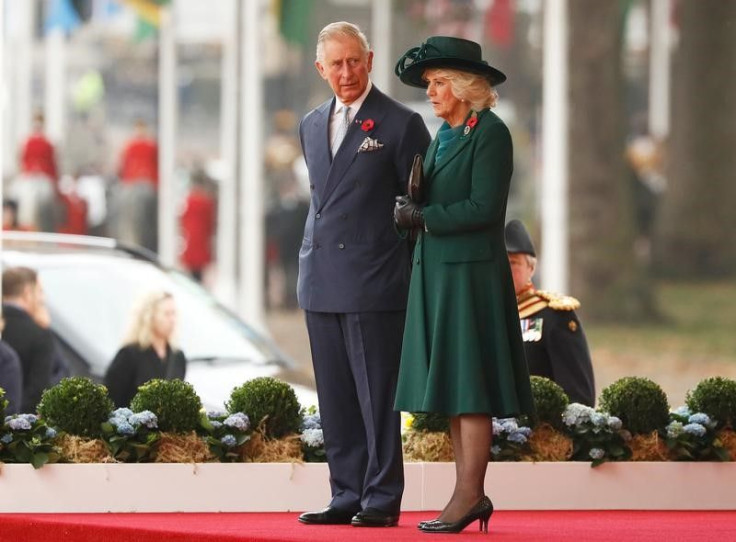Will Prince Charles Be The Last King? After Queen Elizabeth II Dies, Future Of The Monarchy 'Impossible To Predict,' Expert Warns

The immediate future of Britain’s royal family may be set in stone in the event of the death of Queen Elizabeth II, but beyond that greater uncertainty abounds.
Prince Charles is next in line to succeed the 90-year-old queen, who prompted fears over her health when missing a series of events over the holidays due to a “heavy cold.” However, his history of weighing in on political affairs has meant the future of the monarchy is “impossible to predict,” one constitutional expert warned on Monday.
Since the Glorious Revolution in 1688 that led to the overthrowing of King James II by members of parliament, England and later the United Kingdom has been under a system of constitutional monarchy. That system has greatly restricted the powers of the monarch to the point that they have become effectively ceremonial. If Charles sought to overstep those boundaries, there could be trouble ahead, said Bob Morris, a professor with University College London’s Constitution Unit.
“As King, he would have the traditional rights to be consulted, to encourage and to warn,” Morris told the Daily Star newspaper. “Should a King seek to exceed these traditional duties, for example by publicly opposing his government’s policies, then an impasse could ensue.”
The extent of Charles’ involvement in political affairs was revealed by the release of a series of letters he wrote to government ministers in 2004 and 2005. Finally released in 2015, despite the government’s efforts to keep them from public view, the so-called “Black Spider” memos showed Charles sought to lobby politicians on a range of issues from herbal medicine to badger culling.
Still, the prospect of the monarchy coming crashing down under Charles’ reign was a distant one.
“There would almost certainly have to be some sort of major political catastrophe,” Morris said. “Historically, monarchies have disappeared either because of state collapse or because of catastrophic loss in war – close to, but not quite the same thing, in the cases of Austro-Hungary and the Balkan monarchies.”
One avenue to end the monarchy could be a referendum. However, public support in Britain for the monarchy remained strong. Ahead of the queen’s 90th birthday last year, 76 percent of respondents to an Ipsos MORI poll said they were in favor of Britain remaining a monarchy, with only 17 percent preferring a republic.
Support for Prince Charles has increased in recent years amid a public relations offensive by the queen’s son following the death of his former wife, Princess Diana, in 1997. He has already spent more time as first in line to the throne than anyone else in British history,
A 2013 YouGov poll indicated that 50 percent of Britons thought that Charles will make a good king, with only 23 percent saying he will not.
© Copyright IBTimes 2024. All rights reserved.





















